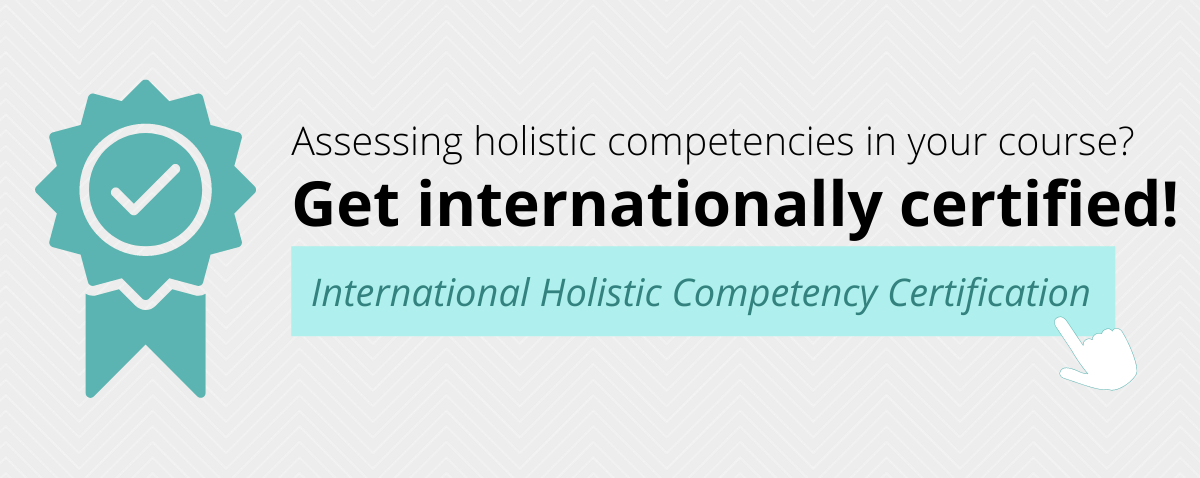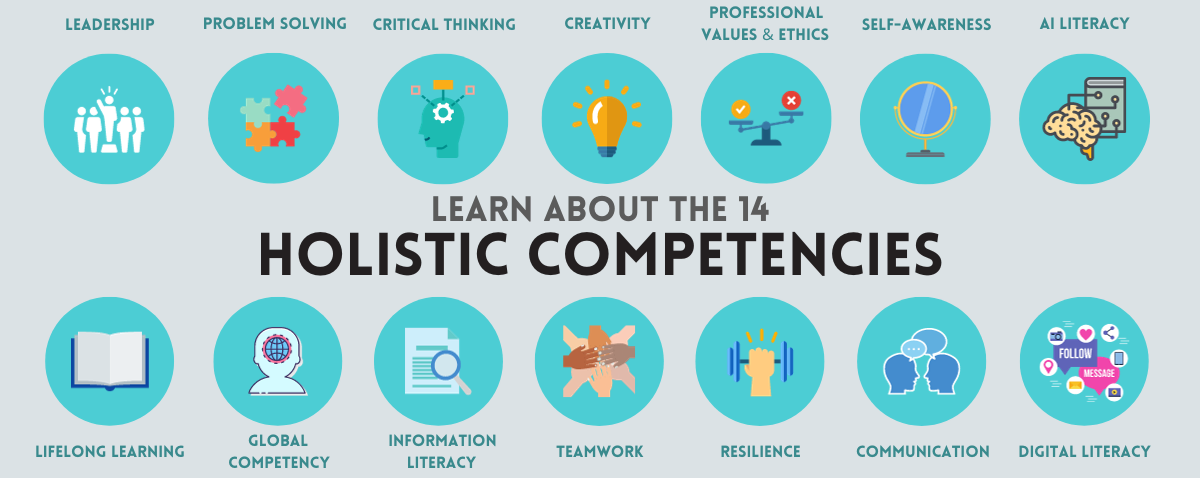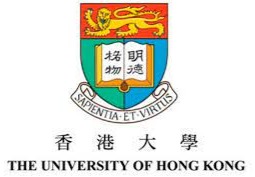
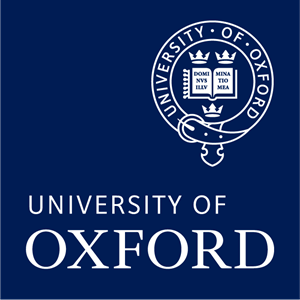

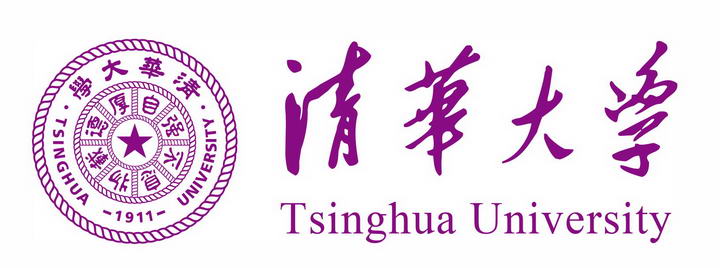
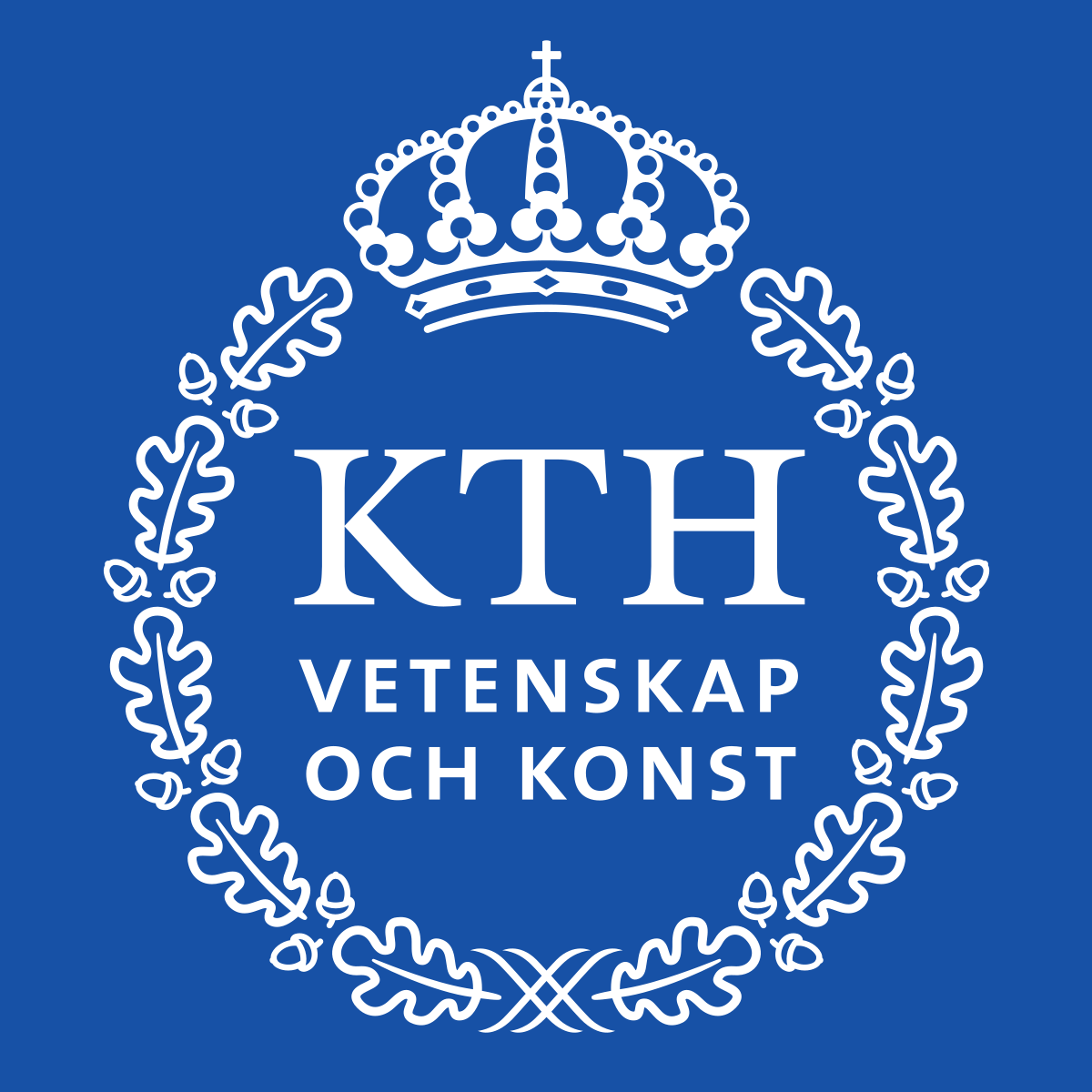
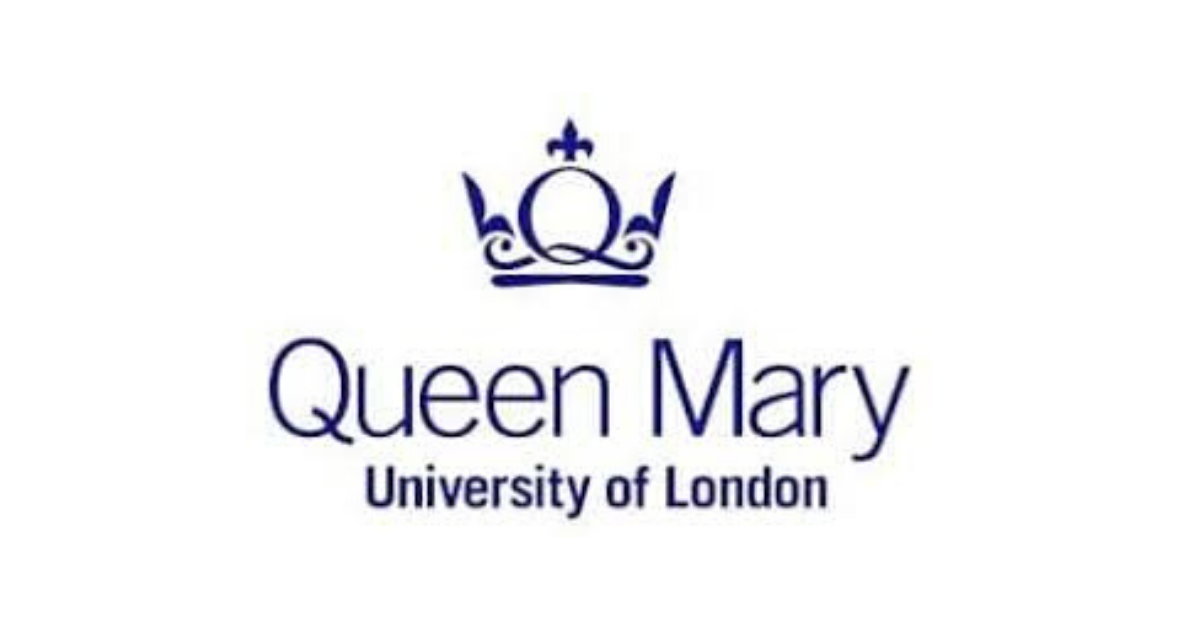


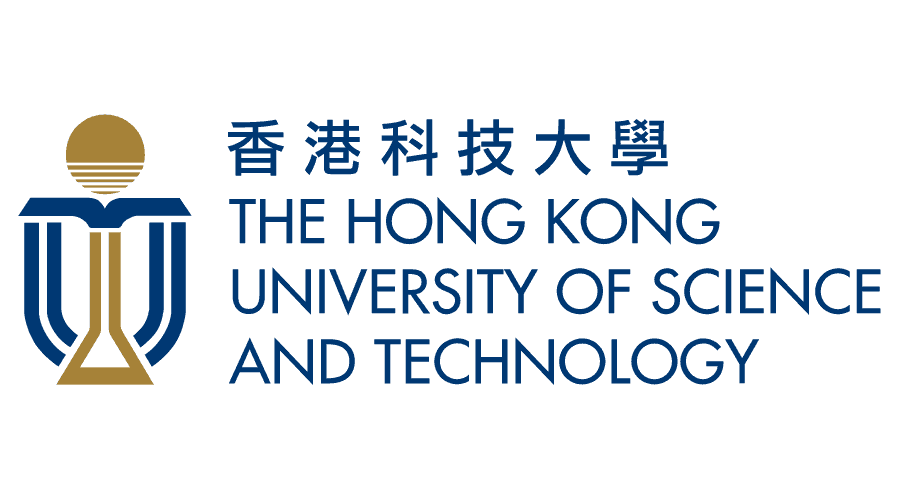
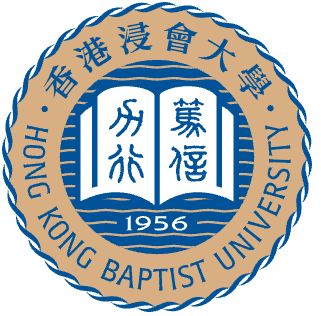

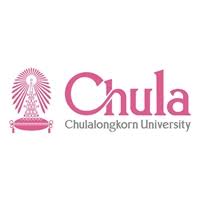

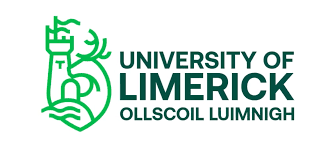
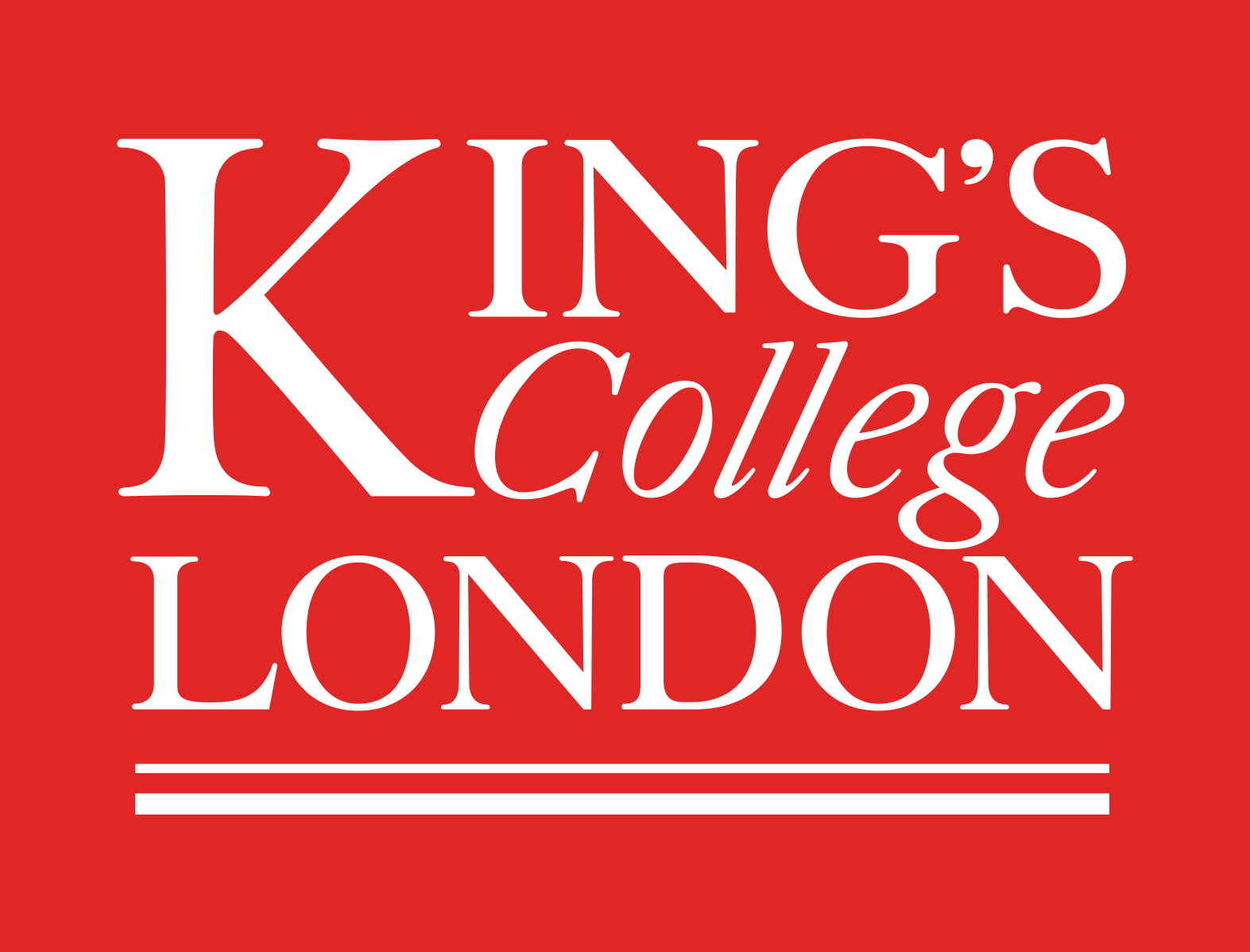
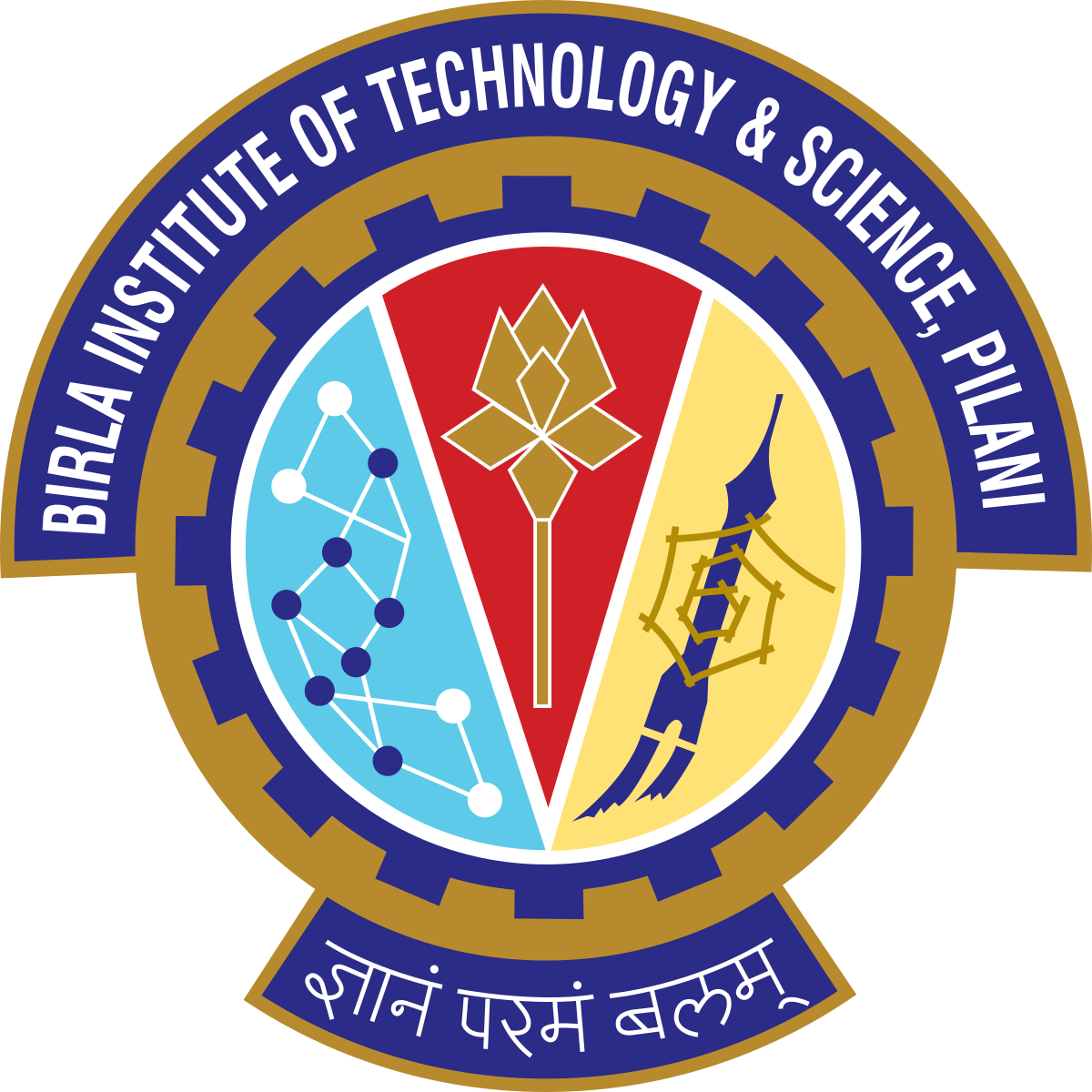
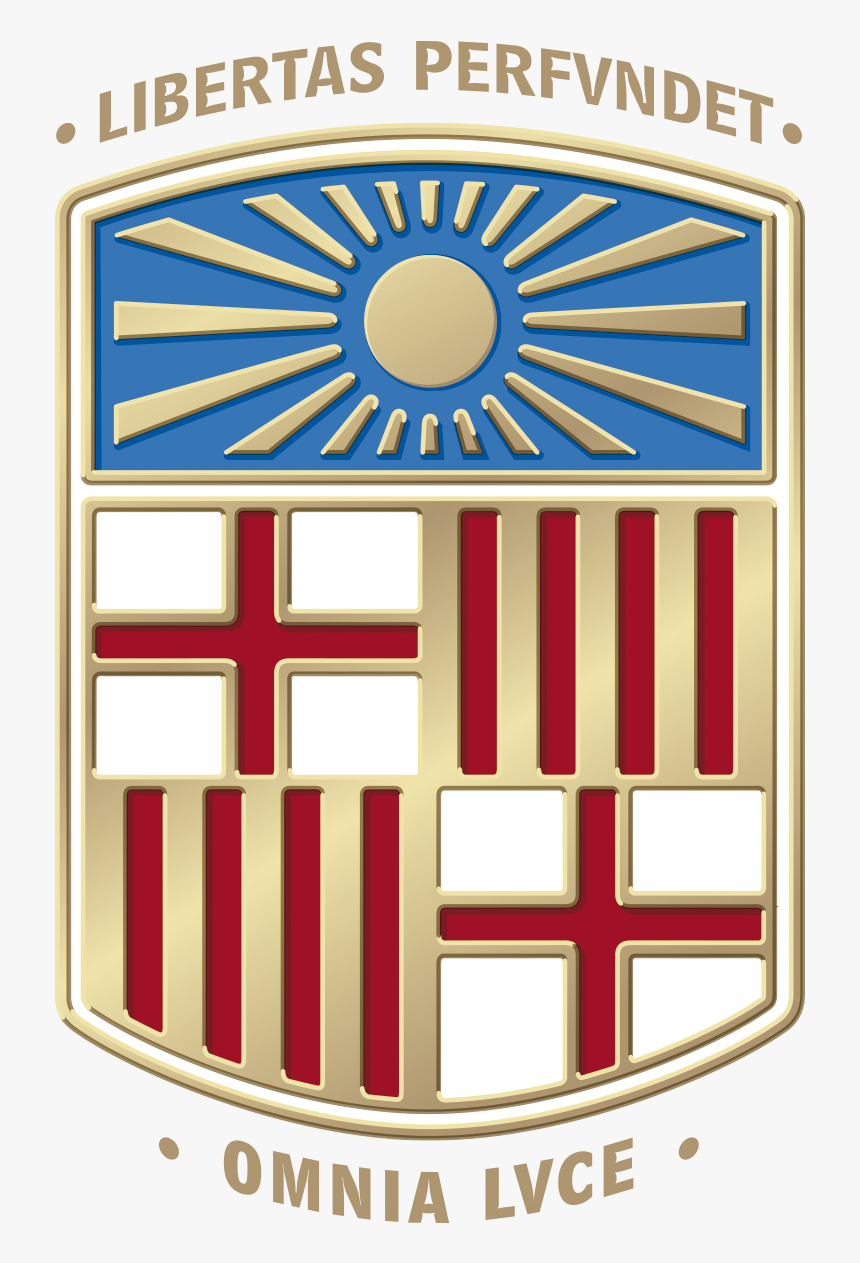

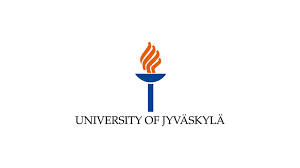

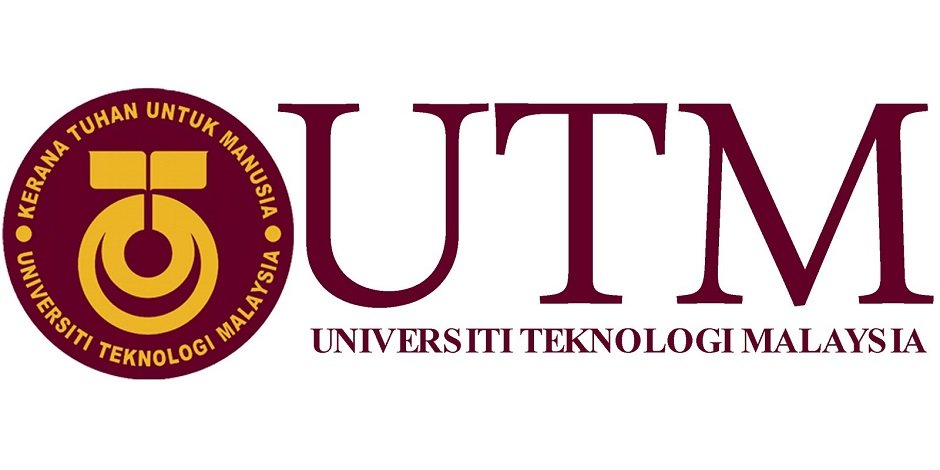



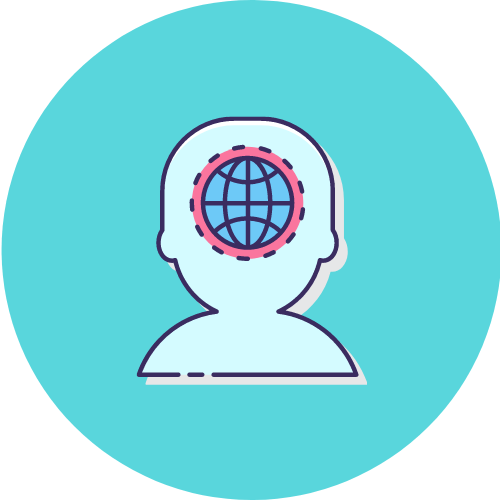




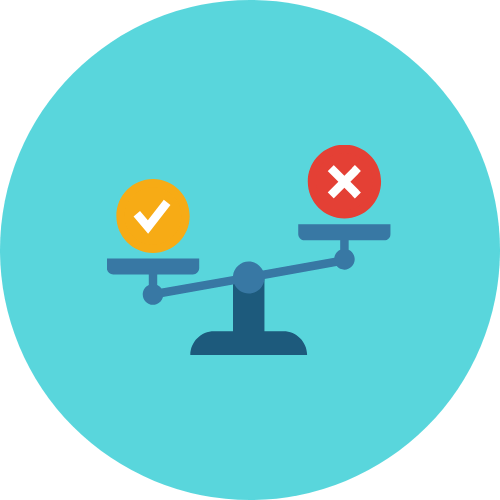



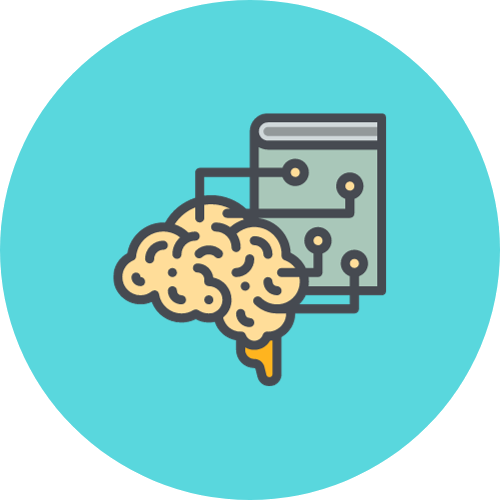

- Communication (HCO1)
- Creativity (HCO2)
- Critical Thinking (HCO3)
- Global Competency (HCO4)
- Information Literacy (HCO5)
- Leadership (HCO6)
- Lifelong Learning (HCO7)
- Problem Solving (HCO8)
- Professional Values and Ethics (HCO9)
- Resilience (HCO10)
- Self-Awareness (HCO11)
- Teamwork (HCO12)
- AI Literacy (HCO13)
- Digital Literacy (HCO14)
Each course can be certified with a minimum of one Holistic Competency (HC) and a maximum of fourteen HCs. Courses submitted to the International Holistic Competency Accreditation Scheme will be reviewed by educational experts and industry leaders from international partners, corporations, and community partners from all around the world.
The International Holistic Competency Accreditation ensures a basic level of quality in competency education, and it also ensures your courses will be recognised for the true achievements they deserve, which will organically help to improve the quality of your accredited courses.
Employers have long sought evidence of applicants' soft skills and career-related literacies, and this accreditation provides an internationally recognized credential established by professors, community partners, and industry experts. It will strengthen students' internship, job, and further study applications, making them more competitive in local and global job markets.
Certifying the course will not only benefit students' careers, but it will also aid in their personal development. Teachers can follow best practices in holistic competency design to foster a deeper understanding and self-awareness in their students. This increased engagement will lead to both academic and personal benefits for the students.
For teachers, the accreditation process serves as a valuable professional development opportunity as it involves engaging in discussions about pedagogy and assessment strategies, as well as receiving mentorship and feedback from other experts. It is also great to be part of a community.

- Your curriculum design towards holistic competency is recognized internationally
- Your course is accredited to provide genuine evidence to showcase the quality of your course in holistic competency
- You can generate direct and indirect evidence of holistic competency development and assessment for quality assurance bodies
- You will become a Fellow of the International Holistic Competency Network and you will receive newsletters, promotions and conference invitations
- Your university, school or organisation will also be recognized as an advocate in this value-added holistic competency
The course accreditation criteria in the International Holistic Competency Foundation are based on the following five areas:
Download the IHCF Accreditation Criteria Guidelines
Sample Application (Provisional) with Instructions
AREA 1: OUTCOMES
With supporting text below as a natural lead-in to additional content.
-
Criterion 1A: The course learning outcomes for holistic competency are documented and disseminated to stakeholders
- Indicator 1A(i): Holistic competency outcomes are clearly specified in the course. The intended holistic competency outcomes must be from the 14 competencies currently identified by the International Holistic Competency Foundation.
- Indicator 1A(ii): Applicant must choose at least one holistic competency outcome from the 14 competencies as identified by the International Holistic Competency Foundation that students are expected to develop at the end of the course.
- Indicator 1A(iii): The course learning outcomes for holistic competency are made available to staff and students.
-
Criterion 1B: The course provides opportunities for holistic competency development
- Indicator 1B(i): The course provides opportunities for the development of the specified holistic competency as indicated in Criterion 1A.
-
Criterion 1C: Holistic competency outcomes and course/programme learning outcomes must be clearly aligned
*For programme only
- Indicator 1C(i): Holistic competency outcomes must be clearly aligned with course learning outcomes.
- Indicator 1C(i)*: Holistic competency outcomes must be clearly aligned with course learning outcomes, programme learning outcomes and graduate attributes (if available).
AREA 2: TEACHING AND LEARNING ACTIVITIES
-
Criterion 2A: The curriculum of the course provides the necessary means for achieving the intended holistic competency outcomes
- Indicator 2A(i): The curriculum provides appropriate contexts for the development of holistic competencies.
- Indicator 2A(ii): A broad variety of teaching and learning materials are used to encourage holistic competency development.
-
Criterion 2B: Teaching and learning activities are suitable for achieving the intended holistic competency outcomes
- Indicator 2B(i): Teaching and learning activities are appropriate for the intended holistic competency outcomes.
- Indicator 2B(ii): A variety of teaching and learning activities are employed in the course for holistic competency development.
-
Criterion 2C: Holistic competency should have experiential learning elements
- Indicator 2C(i): Students are given opportunities to experience and reflect during the development of the intended holistic competency outcomes.
- Indicator 2C(ii): Students are given opportunities to acquire/apply competencies in real-life contexts.
AREA 3: *STUDENT ASSESSMENT
-
Criterion 3A: Assessment tasks that are suitable for measuring the attainment of the intended holistic competency outcomes
- Indicator 3A(i): Assessment tasks provide appropriate contexts/opportunities for students to demonstrate the competencies developed.
- Indicator 3A(ii): Grading methods and weightings are appropriate for the levels of student attainment for the intended holistic competency outcomes.
-
Criterion 3B: Assessment design facilitates improvement in holistic competencies
- Indicator 3B(i): Assessment tasks help students advance in their holistic competency development.
-
Criterion 3C: Evidence of student assessment on holistic competency should be documented
- Indicator 3C(i): Evidence of student assessment on holistic competency should be documented.
AREA 4: *FEEDBACK MECHANISM
-
Criterion 4A: Mechanism for feedback is integrated into the curriculum to enhance student development of holistic competencies
- Indicator 4A(i): Feedback is provided at various occasions.
- Indicator 4A(ii): Student uptake of feedback is encouraged to improve competency development.
-
Criterion 4B: Student feedback on holistic competency development should be documented
- Indicator 4B(i): Student feedback on holistic competency development should be documented.
(Only for Full Accreditation Stage 2)
AREA 5: STAFF QUALIFICATIONS, EXPERIENCE AND DEVELOPMENT
-
Criterion 5A: Staff members have sufficient teaching experience in the development of holistic competencies
- Indicator 5A(i): Teaching staff members have a minimum of two years’ experience in teaching courses that incorporate holistic competency development.
-
Criterion 5B: Opportunities for continuous professional development in holistic competency development
- Indicator 5B(i): Staff members engage in continuous professional development training on the teaching and learning of holistic competencies.
- Indicator 5B(ii): Staff members participate in professional learning networks/communities in holistic competency.
-
Criterion 5C: Research and publications in holistic competencies
- Indicator 5C(i): Staff members have participated in research, community and/or commercial projects concerning holistic competency development.
- Indicator 5C(ii): Staff members have produced publications (web resources, reports, conference papers, journals) related to holistic competency development.
- Indicator 5C(iii): Staff members have shared their work on holistic competency development with other stakeholders such as peers, public, NGOs, government, education institutions.
(Only for Full Accreditation Stage 2)
AREA 6: MONITORING & CONTINUAL ENHANCEMENT
-
Criterion 6A: The course undergoes quality review by external reviewers
- Indicator 6A(i): Quality review focuses on curriculum design related to holistic competency.
- Indicator 6A(ii): Quality review includes evidence of student learning on holistic competency.
- Indicator 6A(iii): Quality review includes utilization of current best practices for teaching and learning in holistic competency.
-
Criterion 6B: Outcomes of the quality review processes are utilised for course enhancement to promote student holistic competency development
- Indicator 6B(i): Monitoring and review processes lead to improvements in course learning outcomes and curriculum to enhance student competency development.
- Indicator 6B(ii): Monitoring and review processes lead to improvements in the design of holistic competency assessment.
-
Criterion 6C: Outcomes of the quality review processes are utilised for enhancing the teaching and learning of holistic competencies
- Indicator 6C(i): Monitoring and review processes lead to improvements in approaches to teaching holistic competencies.
- Indicator 6C(ii): Monitoring and review processes lead to recommendations for staff professional development.
 (Figure: Process of Accreditation Stage 1)
(Figure: Process of Accreditation Stage 1)
Step 1 – Online Application
Course coordinator completes an online application form for their course to be certified for holistic competency or competencies in Provisional Accreditation Stage 1. For this stage, the application must clearly state the following:
- the holistic competency outcomes, and their alignment with the course or programme outcomes (Area 1)
- the teaching and learning activities and describe briefly how these activities develop the holistic competency to be accredited (Area 2)
- the student assessment approaches and how these are related to holistic competency development (Area 3)
- the feedback mechanism for enhancing student holistic competency development (Area 4)
- "I"= Introductory Level: The assessment design is able to provide evidence demonstrating student competency awareness
- "S"= Standard level: The assessment design is able to provide evidence demonstrating some progress in competency development of the students
- "A"= Advanced level: The assessment design is able to provide convincing evidence clearly demonstrating the student’s development of the competency with a mechanism for feedback
- "X" = Not assessed
Step 2 – Review and revise with credential team
Our credential team consisting of education experts will then review your submission and ensure it meets the 11 essential indicators that must be fulfilled in Stage 1 (please refer to the descriptions in “Certification Criteria”). Then, the team will notify course coordinators of any necessary changes.
We will also provide recommendations and support on how you could bring holistic competency or competencies rated on lower levels of attainment to the higher levels. This could be in the form of sample rubrics for reference, or validated instruments for measuring attainment of different competencies.
Step 3 – Approval by credential committee for Provisional Accreditation
Following the adjustments to the course and assessments, the application will then be sent to the competency credential committee, consisting of experts from industries, community partners and university faculties, for review and approval.
Once passed, the course will be issued an official and international recognised Provisional Accreditation that is valid for 2 years on the competency or competencies in which the coordinator has applied for.
 (Figure: Process of Accreditation Stage 2)
(Figure: Process of Accreditation Stage 2)
Step 1 – Online application
Full accreditation must be sought in order for a course to continue to be accredited with those holistic competency or competencies in which they have applied for in Stage 1. Additional competency or competencies can also be sought for accreditation at this stage. In order to get full accreditation, applicants must apply around 6 months before the end of the 2-year provisional accreditation (i.e. between 18 and 21 months).
In addition to the fulfilment of standard criteria in Stage 1, the course must demonstrate it has proper mechanisms for ensuring the quality of the course through
- Staff qualifications, experience and development (Area 5)
- Monitoring and continual enhancement (Area 6)
Step 2 – Review and revise with credential team
Our credential team will review your submission and ensure that essential evidence is provided in which at least one indicator for each criterion must be fulfilled.
Again, recommendations and support may be provided to help applicants better fulfill the requirements on each criterion.
Step 3 – Approval by credential committee for Full Accreditation
After all necessary adjustments are made, the application will then be sent to the competency credential committee for review and approval.
Once confirmed that the course meets the requirements for Stage 2, it will be awarded Full Accreditation that is valid for 3 years. All the information must be submitted together with relevant evidence through the online IHCFoundation website application platform.
 (Figure: Certification Cycle)
(Figure: Certification Cycle)
For more information about the accreditation criteria and process, please click here to download the IHCF Course Accreditation Guidelines (PDF)
If your course provides students the opportunities to develop their competencies such as creativity, critical thinking, problem solving, leadership (see more below), you can formally accredit it. Register your course with us, the process is fast, simple and internationally recognised.
| Provisional Accreditation Stage 1: | USD$350 per course |
| Full Accreditation Stage 2: | USD$350 per course |
The application fee must be paid in full before the application is submitted to the credential team. The applicant will receive an email for payment after submitting the application online.
If you wish to have multiple courses accredited, please contact us at applications@IHCFoundation.net for information on the application fee.
If you still have issues receiving an OTP, please contact us at info@ihcfoundation.net.
Based on their feedback, you may be asked to make some amendments to your application, or incorporate them into your application for Full Accreditation.
More details about the application criteria can be found here.
Courses to be accredited should currently be on-going, or to be held in the upcoming academic year.
The IHCF Fellowship recognises and acknowledges your contributions to the field of holistic competencies development and assessment. As an IHCF Fellow, you will become part of our network and receive newsletters, conference and event invitations, as well as have access to IHCF professional development opportunities such as online courses and Masterclasses. More information about the benefits of accrediting your course and becoming part of the IHCF network can be found here.
Additional pathways to apply for Fellowship, as well as opportunities to renew individual Fellowships, will be announced in the future.
For the original instructor who applied for the course accreditation, they will keep the certificate made in their name that is received after successfully attaining provisional accreditation. Their IHCF Fellowship also remains valid for as long as the course’s IHCF certification is valid. The original instructor will continue to have access to the IHCF resources and opportunities, such as newsletters, conference and event invitations, and online courses and masterclasses.
Submit Status
